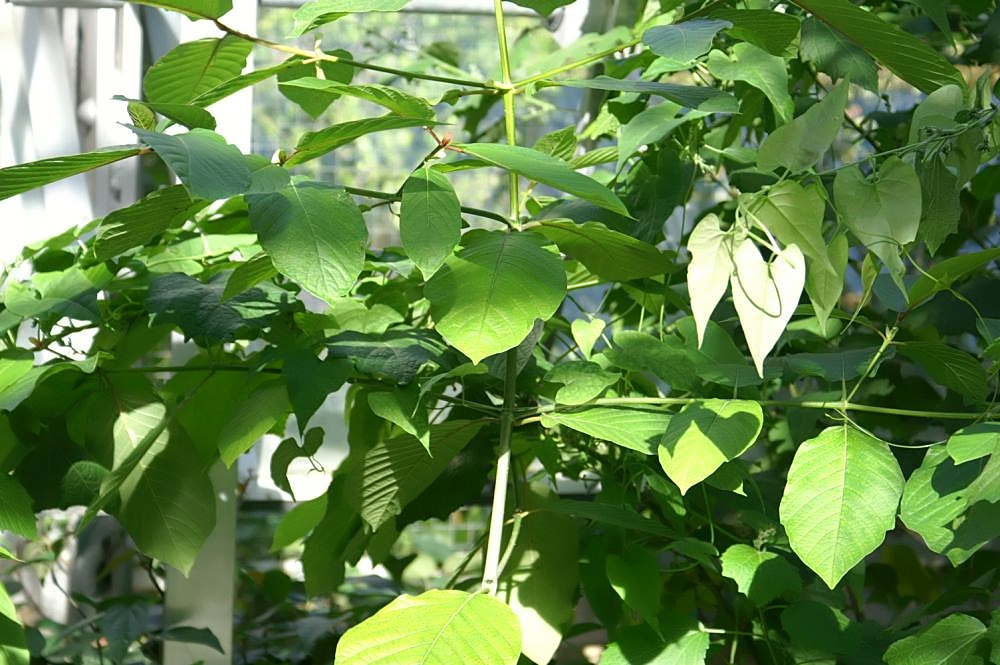KUALA LUMPUR, Nov 29 — The Ministry of Health (MOH) has proposed a ban on planting psychoactive plants, with only government officers authorised by the minister allowed to do so.
The Poisons (Amendment) 2019 Bill tabled by Health Minister Dzulkefly Ahmad in Parliament last Monday — to be renamed the Poisons and Psychoactive Plants Act — created a new provision, Section 30A, that said no one shall plant or cultivate any psychoactive plant, punishable by a maximum of seven years’ imprisonment, a maximum RM200,000 fine, or both.
A proposed Section 30B in the Bill also increased the punishment for possession, usage, import, export or sale of psychoactive plants from four years’ jail, RM10,000 fine, or both (for psychotropic substances under the original Act), to not more than seven years’ imprisonment, a fine not exceeding RM200,000, or both. Anyone found with a psychoactive plant shall be deemed to have been in possession of the plant unless they prove the contrary.
A new Section 30C in the amendment Bill allowed government officers or those in statutory bodies, authorised by the Minister, to plant or cultivate any psychoactive plants for research, educational, experimental or medical purposes.
The Bill — which regulates medicines — introduced a new Section 31A that furnishes an “authorised officer” — defined as a drug enforcement officer, a police officer not below the rank of Inspector, or a senior Customs officer — with “all the powers of a police officer of whatever rank as provided for under the Criminal Procedure Code in relation to enforcement, inspection and investigation”. A drug enforcement officer refers to any registered pharmacist in the government.
A proposed Section 31B also empowered authorised officers to enter premises by force; search for and to seize any poison (or medicine), psychotropic substance, psychoactive plant, documents, or records; or detain anyone found in the premises pending the search, if the officers had reasonable cause to suspect an offence was committed.
The amendment Bill proposed a new Section 34A to protect officers from any lawsuits or legal proceedings if their actions were done in good faith.
The Bill’s Section 34B also allowed evidence by agents provocateur to be admitted in trials.
Deputy Health Minister Dr Lee Boon Chye said last July that MOH was planning to amend the Poisons Act 1952 to prohibit the planting of ketum, noting that substance abuse cases of late have shown consumption of the psychoactive plant with other illegal narcotics.
Dr Afif Bahardin, Penang executive councillor in charge of health, previously urged MOH to allow the usage and planting of ketum to treat opioid addiction.








